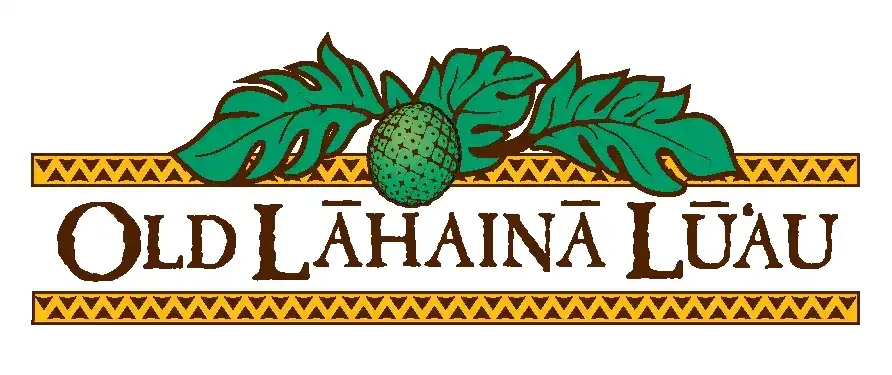Largest income tax cut bill for working families signed into law by Gov. Green

Gov. Josh Green, M.D., today signed two tax related bills into law:
- House Bill 2404 provides significant tax relief to Hawaiʻi’s working families. The largest income tax cut for working families in the state’s history, HB 2404 makes the tax code more progressive.
- Senate Bill 1035 exempts medical services reimbursed by Medicare, Medicaid, and TRICARE from the state’s General Excise Tax (GET).
HB 2404 amends two key components of Hawai‘i’s tax code over a seven-year period. In odd years, the legislation increases the standard deduction, which benefits low- and medium-income households. In even years, the legislation amends the tax brackets by eliminating the lowest brackets and lowering the tax rates for all brackets. As a result of these changes, the state income taxes paid by working class families will fall by 71% by 2031.
For example, a family of four making the median household income of $88,000 will see its take-home pay increase by $3,613 by 2031. Under current tax law, this family would owe $5,086 in state taxes. After implementing the tax law changes, the family would owe $1,479. A take-home pay calculator built by the Hawaiʻi Department of Taxation to determine income tax reduction impacts for both individuals and their families under HB 2404 can be downloaded here.

“This legislation is a historic step toward addressing the financial challenges and the cost-of-living crisis faced by Hawaiʻi’s working families,” said Green. “By doubling the standard deduction and amending the tax brackets, HB 2404 provides much-needed tax relief to our residents.”
The changes to the income tax law reduce the tax liability of lower-income taxpayers more than higher-income taxpayers, increasing the tax system’s progressivity. Many taxpayers will now see their income tax liabilities transform into tax refunds from the state due to targeted income-based tax credits, according to the announcement.
The legislation will help Hawai‘i transition from being the second highest-taxed state for working families to the fourth-lowest.
In addition to the tax reform, Green also signed into law SB 1035, which exempts certain medical services from the GET. This legislation will provide relief to the healthcare system in Hawaiʻi by specifically exempting hospitals, infirmaries, medical clinics, health care facilities, pharmacies, and medical and dental providers from the GET on goods or services that are reimbursed through Medicaid, Medicare, or TRICARE, according to the announcement.
“This law is a significant step toward relieving financial burdens and stimulating economic growth in our healthcare sector,” said Green. “By exempting healthcare and dental services reimbursed from these critical programs from the GET, we will promote increased equity and access to healthcare and strengthen our healthcare infrastructure. As a former ER physician working in a rural community, I can confidently say that this legislation will be especially beneficial for rural healthcare providers and patients.”
SB 1035 received endorsement from more than 155 healthcare professionals and is seen as a potential solution to the state’s shortage of nearly 800 physicians. A recent survey of physicians by the John A. Burns School of Medicine found that elimination of the GET on medical services could be an effective means of recruiting and maintaining more physicians. “SB 1035 is a testament to our commitment to improving healthcare access and quality in Hawaiʻi,” said Green.









